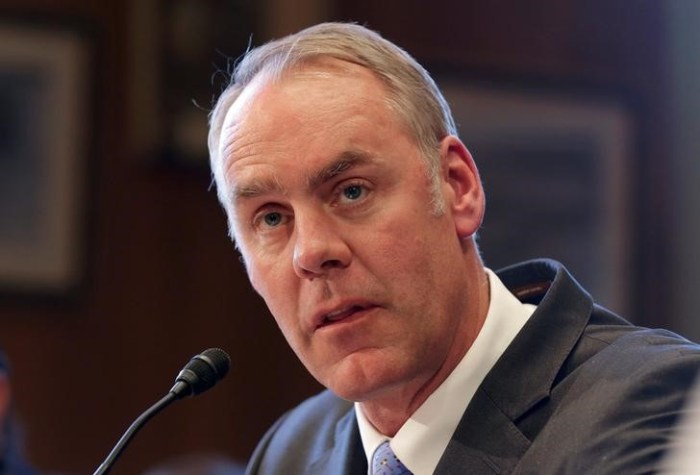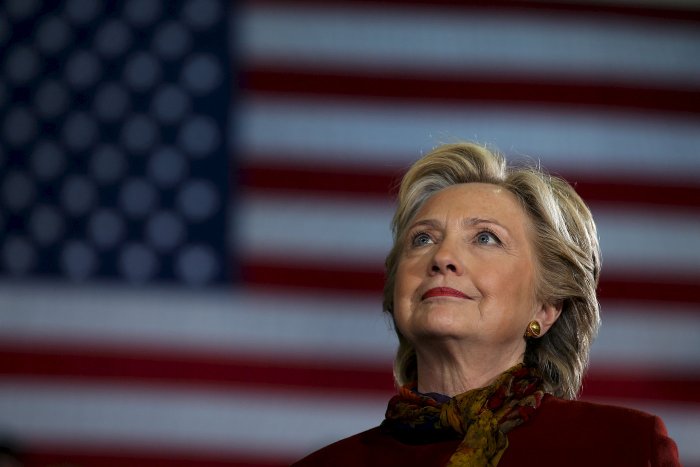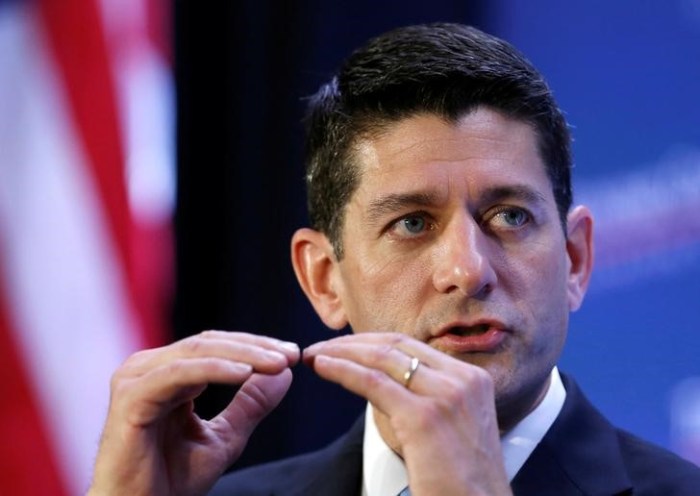By Kim Palmer
CLEVELAND (Reuters) – Three groups planning to demonstrate at the Republican National Convention in July sued the city of Cleveland on Tuesday, seeking immediate changes to security measures due to their “unacceptable restrictions” on free speech. Presumptive presidential nominee Donald Trump is expected to officially become the Republican Party’s candidate for president at the July 18-21 convention, which will attract protesters for various causes who plan to demonstrate outside. Trump campaign events have drawn large and raucous demonstrations, some of which have resulted in clashes between the candidate’s supporters and opponents.
Led by the American Civil Liberties Union (ACLU), the three groups filed suit in U.S. District Court for the Northern District of Ohio, naming the city of Cleveland and Mayor Frank Jackson as defendants. Dan Williams, a spokesman for the mayor, said in a phone call he had not seen the lawsuit and that the city does not comment on ongoing litigation. He said the city and the ACLU have discussed protester rights and regulations in meetings. The plaintiffs are Citizens for Trump, a Texas-based group that supports the businessman’s campaign; Organize Ohio, a liberal activist group; and Northeast Ohio Coalition for the Homeless, a charitable organization. The lawsuit contends that Cleveland has imposed an unnecessarily large restricted zone of 3.3 square miles (8.5 square km) in the city center where free speech and mobility will be limited.
“The limitations apply far beyond the part of the city where the convention activities will take place. … These regulations severely limit the opportunities for members of the public to exercise their expressive rights during the convention,” the lawsuit said. The lawsuit seeks to reduce the size and regulations of the restricted an area and asks the court to immediately address the city’s rules for issuing protest permits and what the ACLU called persistent delays in approving those permits. “Many of these applications have been pending for months – some as long as four months. The city’s continuing refusal to approve or deny these applications leaves the organizers of these activities in limbo,” the lawsuit said. Protesters need adequate time to make travel arrangements and rent needed materials such as portable toilets and sound stage equipment, the ACLU has said.
(Reporting by Kim Palmer in Cleveland and Daniel Trotta in New York; Editing by Richard Chang)























